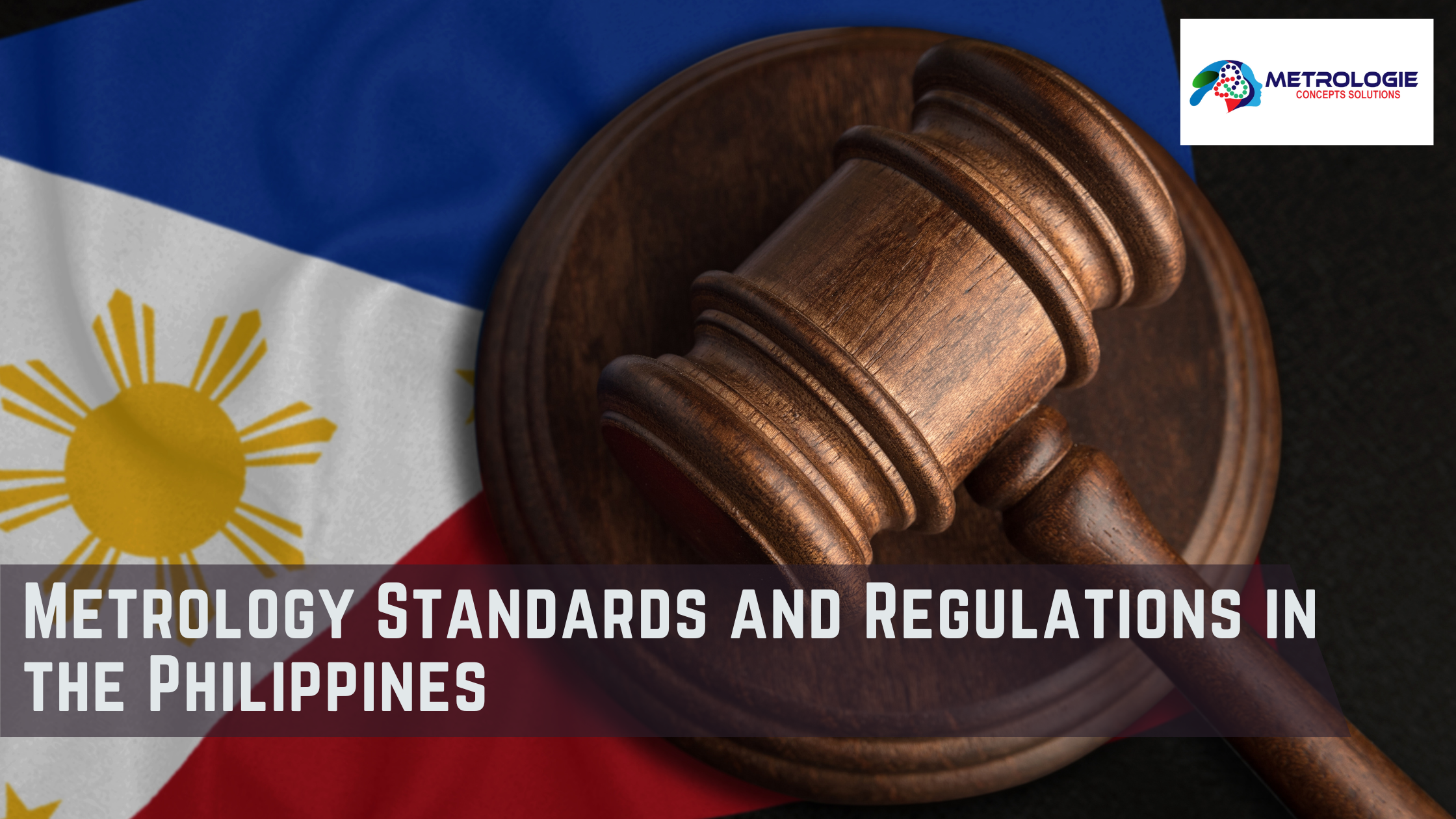Metrology plays a pivotal role in ensuring accuracy, reliability, and consistency in measurements across various sectors. From manufacturing to healthcare, adherence to metrology standards and regulations is crucial for maintaining quality and fostering trust in products and services.
Introduction to Metrology
What is Metrology?
Metrology refers to the science of measurement, encompassing theoretical and practical aspects related to units of measurement, measurement methods, and the accuracy of measurements.
Importance of Metrology in Various Industries
In industries like manufacturing, healthcare, and food production, precise measurements are fundamental to product quality, safety, and compliance with regulatory standards.
Understanding Metrology Standards
Definition and Purpose of Metrology Standards
Metrology standards establish uniformity in measurements, ensuring consistency, reliability, and interoperability of measurements worldwide.
International Metrology Standards
International bodies like the International Organization of Legal Metrology (OIML) and the International Bureau of Weights and Measures (BIPM) set global standards to facilitate international trade and harmonize measurements.
Metrology Regulations in the Philippines
The Philippines has a comprehensive framework of metrology laws and regulations overseen by regulatory bodies like the Philippine Accreditation Bureau (PAB) and the Department of Trade and Industry (DTI).
Overview of Metrology Laws and Regulations
These laws mandate the use of standardized measurements, certification of measuring instruments, and enforcement of quality control measures.
Role of Regulatory Bodies
The PAB and DTI play pivotal roles in ensuring compliance with metrology regulations, conducting assessments, and accrediting laboratories and calibration facilities.
National Metrology Institute in the Philippines
Establishment and Objectives
National Metrology Laboratory of the Philippines (NMLP) serves as the country’s National Metrology Institute (NMI), focusing on establishing measurement standards and providing calibration services.
Contribution to Standardization Efforts
The NMLP plays a crucial role in aligning national standards with international practices, facilitating trade, and supporting innovation and technological advancements.
Introduction
Metrology, the science of measurement, plays a pivotal role in ensuring accuracy and consistency in various industries. In the Philippines, the establishment of robust metrology standards and regulations is imperative for fostering economic growth and ensuring the well-being of consumers.
Overview of Metrology in the Philippines
To comprehend the current state of metrology in the Philippines, a glance at its historical evolution is essential. From rudimentary measurement practices, the country has evolved to embrace modern metrology, emphasizing precision and reliability in measurements.
The Role of Regulatory Bodies
Regulatory bodies, such as the Philippine Accreditation Bureau (PAB) and the National Metrology Laboratory (NML), play a crucial role in overseeing and enforcing metrology standards. These organizations are tasked with ensuring that businesses adhere to established regulations, promoting fair trade and consumer protection.
Metrology Standards in the Philippines
The Philippines follows a set of rigorous metrology standards, covering a wide array of industries. These standards are designed not only to enhance the quality of products and services but also to facilitate international trade by aligning with global measurement norms.
Challenges in Implementing Metrology Standards
Despite the benefits, implementing metrology standards poses challenges, including the financial burden on businesses and the need for continuous updates. Overcoming these hurdles is essential to realizing the long-term advantages of standardized measurements.
Recent Developments and Updates
In response to the dynamic nature of industries, the Philippines periodically updates its metrology standards. Businesses must stay informed about these changes to ensure compliance and maintain a competitive edge in the market.
Benefits of Adhering to Metrology Standards
Adhering to metrology standards brings multifaceted benefits. It not only enhances product quality but also instills consumer trust and positions businesses on a global stage, fostering international trade partnerships.
Case Studies
Several companies in the Philippines serve as beacons of successful metrology implementation. Their experiences offer valuable insights into the positive impact that adherence to standards can have on product quality, consumer satisfaction, and overall business success.
Importance of Calibration
Calibration, a fundamental aspect of metrology, ensures that measuring instruments provide accurate results. Understanding and implementing calibration processes is essential for businesses to maintain the integrity of their measurements.
Ensuring Compliance
Businesses must adopt a proactive approach to ensure compliance with metrology standards. Non-compliance can lead to legal consequences, damage to reputation, and potential harm to consumers. It is crucial for organizations to prioritize adherence to established standards.
Educational Initiatives
To bridge the knowledge gap and promote awareness, educational initiatives are essential. Training programs and workshops can empower businesses and professionals with the necessary understanding of metrology standards and their practical implications.
Future Trends in Metrology Standards
As technology continues to advance, so do metrology standards. The integration of innovative technologies such as artificial intelligence and IoT in measurement processes is anticipated. Businesses need to stay abreast of these trends to remain at the forefront of their respective industries.
Interviews with Experts
Insights from experts in metrology provide a deeper understanding of the challenges and opportunities in implementing and improving standards. Their perspectives offer valuable guidance for businesses aiming to navigate the complexities of metrology.
Global Comparisons
Comparing metrology standards in the Philippines with those of other countries sheds light on best practices and potential areas for improvement. Learning from global experiences enhances the effectiveness of local metrology initiatives.
Conclusion
In conclusion, metrology standards and regulations in the Philippines are pivotal for ensuring accuracy, quality, and fair trade. Businesses that prioritize compliance contribute not only to their success but also to the overall economic development of the country.
FAQs
- How often are metrology standards updated in the Philippines?
- Metrology standards are periodically updated to align with technological advancements and global practices. Updates typically occur every few years.
- What are the consequences of non-compliance with metrology standards?
- Non-compliance can lead to legal repercussions, damage to a business’s reputation, and potential harm to consumers who rely on accurate measurements.
- Are there specific industries that must adhere to metrology standards in the Philippines?
- Yes, various industries, including manufacturing, healthcare, and trade, are required to adhere to metrology standards to ensure the quality and reliability of their products and services.
- How can businesses stay informed about changes in metrology standards?
- Businesses can stay informed through regular communication with regulatory bodies, participation in industry forums, and keeping abreast of official announcements.
- What role does calibration play in metrology standards?
- Calibration is crucial in metrology, ensuring that measuring instruments provide accurate and reliable results. It is a fundamental process for maintaining the integrity of measurements.



